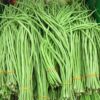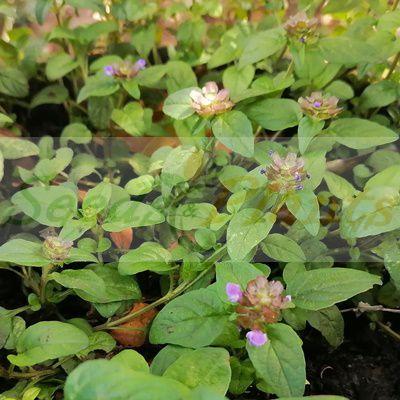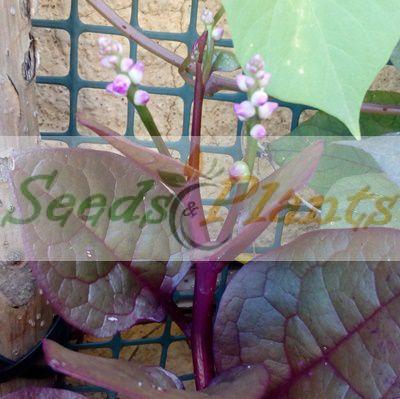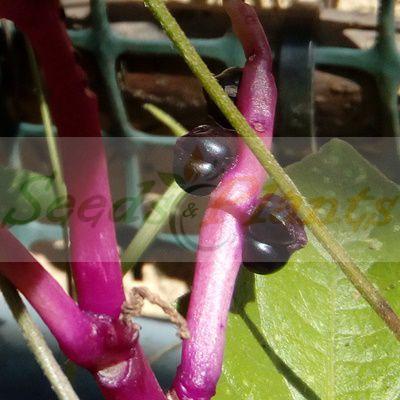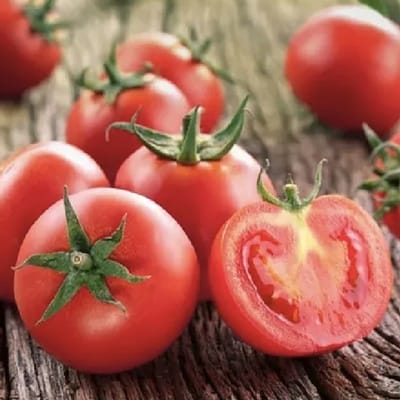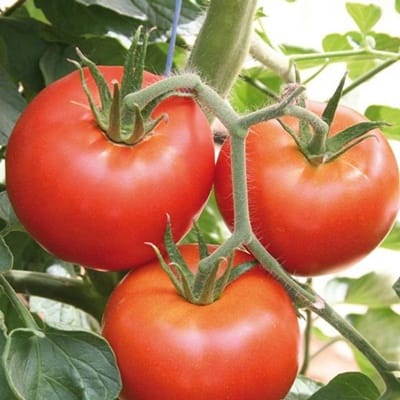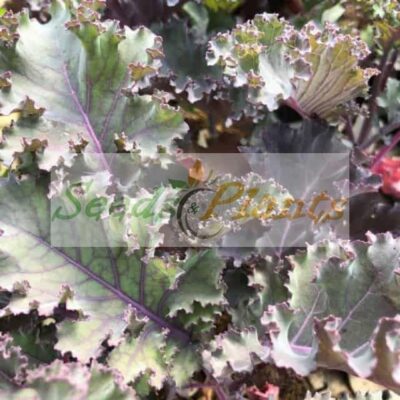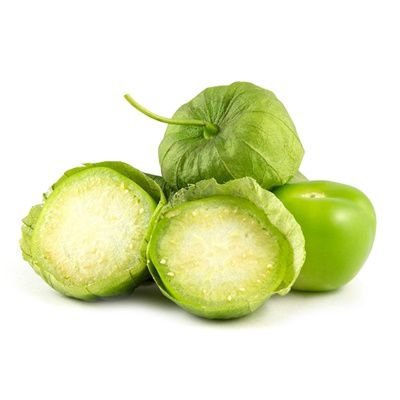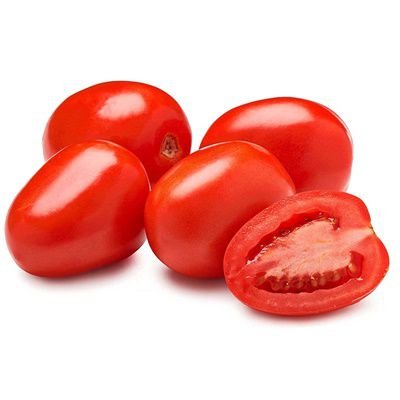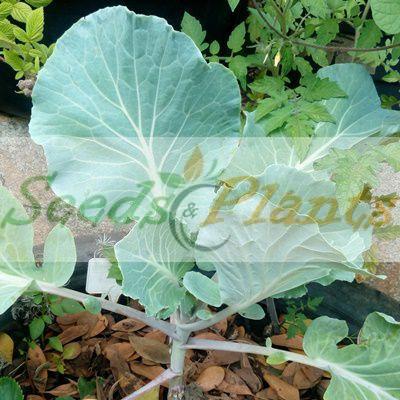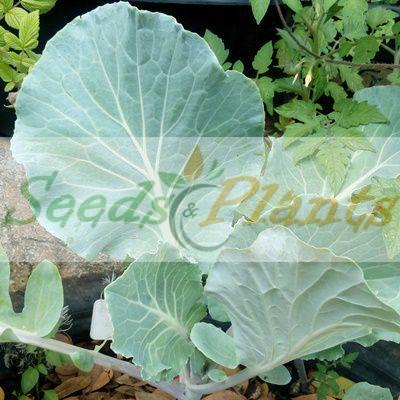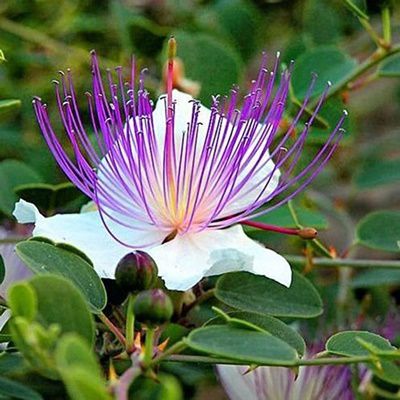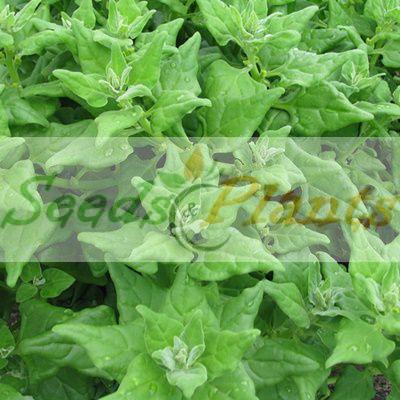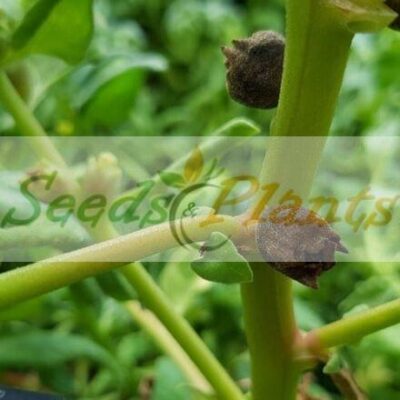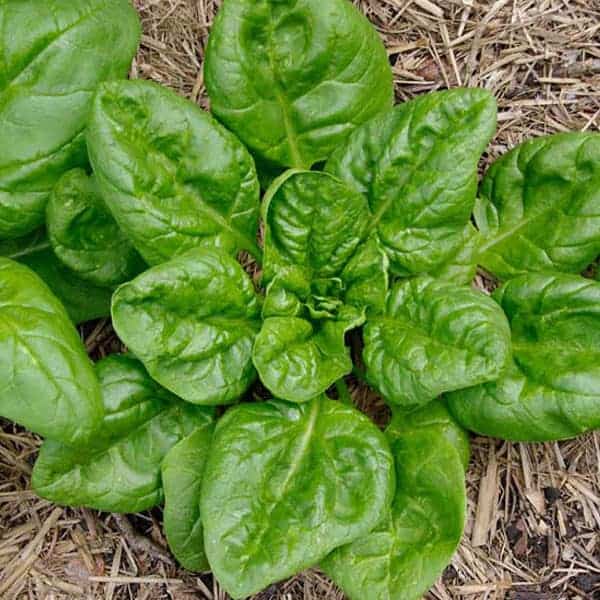🥕 Vegetable Quick Facts
Growth Traits
- 🌱 Life Cycle: Annual
Red Malabar Spinach – 5 Seeds
(Basella ruba)
R50.00
Heat-loving Asian vine that has lovely red stems and delicious, succulent leaves that are great in salads and stir-fries.
Common Names: Malabar Spinach, Vine Spinach, Creeping Spinach, Ceylon Spinach and Indian spinach.
Seed Type: Organic – Seeds harvested from our own plants.
Indoor Sowing: Mid Winter and Late Winter.
Direct Sowing: Mid Spring.
In stock
🥕 Vegetable Quick Facts
Growth Traits
- 🌱 Life Cycle: Annual
Red Malabar Spinach Seeds. Red Malabar Spinach (Basella rubra) is not a true spinach but a different species. It is an edible vine in the family Basellaceae. It is found in tropical Asia and Africa where it is widely used as a leaf vegetable. Even though it’s not a true spinach, it has the same taste.
This heat-loving Asian vine has lovely red stems and delicious, succulent leaves that are great in salads and stir-fries. A delicious green that can be grown as an annual in many areas or as a perennial in sub-tropical areas.
Red Malabar Spinach has pinkish flowers and purplish red vines. The leaves and stem contain mucilage, so it can appear slimy when broken off the vine. This mucilage is a great source of soluble fiber, much like pectin in apples.
The vine will grow rapidly in the heat of summer all the way through autumn.
Common Names: Malabar Spinach, Vine Spinach, Creeping Spinach, Ceylon Spinach and Indian spinach.
Red Malabar Spinach Culinary Uses
- The edible leaves (and shoots) of Basella ruba resemble spinach with a mild, slightly peppery flavor with a hint of citrus and are used in the same way.
- The young leaves can be eaten raw mixed in a green salad, and steamed or boiled to be used like cooked spinach.
- Because of the mucilagenous nature, it can also be used to thicken soups and stews.
- The leaves can be eaten throughout the season, but once plants start flowering, the leaves become bitter.
Indoor Sowing: Mid Winter and Late Winter.
Direct Sowing: Mid Spring.
- Soak the Malabar Spinach Seeds in water overnight before planting or scarify the seed coat to speed up germination.
- Direct sow the seeds in Mid Spring.
- Indoor sowing can be done in mid winter and late winter, however the plants do not transplant well.
- It is a vine, so plant the seeds next to a trellis in full sun.
- Place the seeds about 15cm apart on top of fertile, moisture-retentive soils and cover with a layer of soil.
- Keep soil moist, but not soggy, until germination.
- Germination can take 1 month or longer, so patience is required.
- Optimum germination temperature of between 18-24 C.
- Tolerates light shade.
- Use a slow-release fertilizer.
Disclaimer
Medicinal Information:
All medicinal information on this website is for educational and informational purposes only and may not be construed as medical advice. The information is not intended to replace medical advice or treatment offered by healthcare professionals.
Seeds, Plants, Plant Cuttings, Geophytes and Dried Herbs:
In some countries and provinces, certain plants are deemed as invasive and are not allowed to be planted at all, whilst some plants are allowed to be grown only in certain areas or provinces. The onus is on you as the buyer to familiarize yourself with the regulations pertaining to your location, before purchasing any of our seeds, plants, plant cuttings, geophytes or dried herbs. We will not be held liable, should you purchase any seeds, plants, plant cuttings, geophytes or dried herbs. from us which are prohibited in your country or province.

